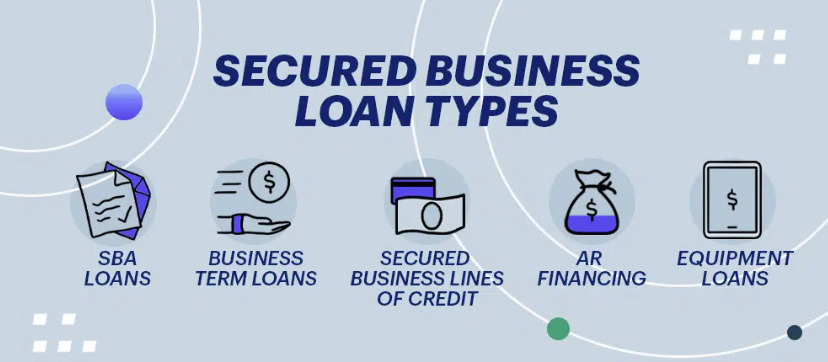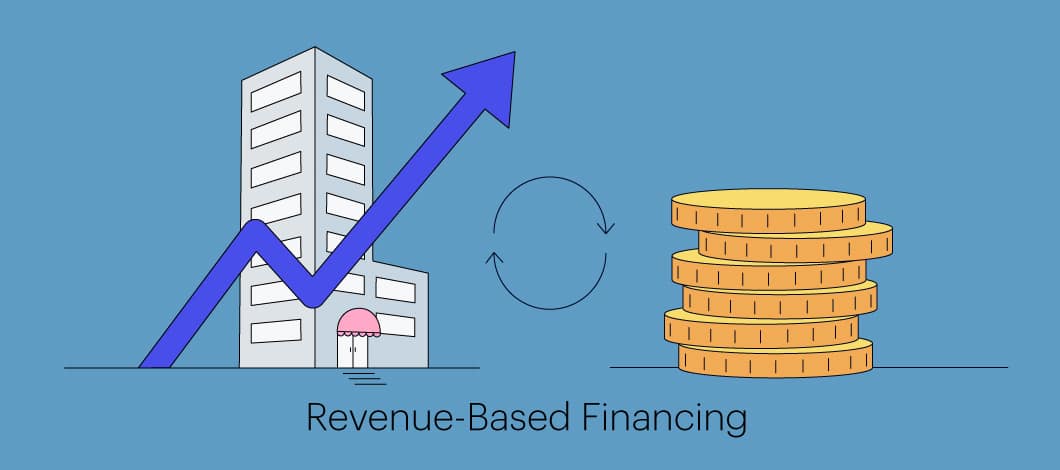Understanding Short-Term Business Loans
Short-term business loans are a type of funding designed to meet immediate financial needs of businesses. As the name suggests, they come with shorter repayment periods than traditional business loans, often ranging from three months to a couple of years. Businesses typically utilize short-term loans to address cash flow shortages, fund emergency repairs, or take advantage of sudden growth opportunities.
The Mechanics of Business Loans
These loans operate on a straightforward principle. A lender provides a business with a lump sum of money, which the business then pays back, along with interest, over a predetermined short-term period. Interest rates can vary significantly based on factors such as the borrower’s credit history, the loan amount, and the repayment term.
One crucial feature of these loans is their fast application and approval process. Many online lenders can process applications and disburse funds within a matter of days or even hours. This swift turnaround can be particularly beneficial to businesses facing urgent financial needs.
Comparing Short-Term Business Loans to Traditional Business Loans
Short-term business loans differ from traditional business loans in several key ways.
Repayment Period: Traditional business loans typically have longer repayment periods, sometimes up to ten years or more. In contrast, these loans have to be paid back within a shorter timeframe.
Loan Amounts: Shorter loans generally offer smaller loan amounts compared to traditional loans. This makes them more suitable for covering immediate or smaller expenses, as opposed to significant capital investments.
Interest Rates: These loans usually come with higher interest rates with shorter terms compared to their traditional counterparts, which is often due to the perceived risk associated with shorter repayment periods.
Approval Process: Traditional business loans often have stringent eligibility criteria and may require a detailed business plan, excellent credit score, and collateral. The loans that based on shorter terms, particularly those from online lenders, often have less stringent requirements and faster approval times.
Evaluating the Pros and Cons
Like any financial product, business loans with shorter terms come with their advantages and disadvantages. Their primary advantage is their speed and accessibility, making them an excellent option for businesses needing quick cash injections. Additionally, their shorter repayment terms can mean a business is not in debt for extended periods.
However, these loans also have their drawbacks. Their higher interest rates can make them more expensive over the life of the loan. Moreover, due to their shorter repayment periods, businesses must ensure they have the cash flow to meet the frequent repayment schedules, which are often weekly or even daily.
These Business Loans: A Valuable Tool in the Right Circumstances
In conclusion, short-term business loans serve as a valuable financial tool for businesses in need of quick, accessible funding. While they differ significantly from traditional business loans in terms of repayment terms, loan amounts, and interest rates, they can provide the necessary capital to meet immediate financial needs or seize growth opportunities.
Business owners must carefully consider their business’s financial health, the cost of the loan, and their ability to meet the repayment schedule before opting for a short-term loan. In the right circumstances, however, these loans can be the lifeline that a business needs to thrive and grow.
The Shift Towards Lenders Offering Shorter Terms
In the current economic climate, small businesses are increasingly opting for these lenders over large banking institutions. This trend is driven by a myriad of factors, including the fast and flexible nature of short-term loans, which align more closely with the dynamic financial needs of small businesses.
Accessibility and Speed: The Appeal of These Online Lenders
The most apparent advantage of online lenders over large banks is their accessibility and speed. While traditional banks usually have rigorous eligibility criteria and lengthy application processes, online lenders with shorter terms typically offer quicker turnaround times, often processing loans within a matter of days or even hours. This speed can be a lifeline for small businesses in urgent need of financial assistance.
Meeting the Unique Financial Needs of Small Businesses
Online lenders offering shorter terms cater to the unique financial demands of small businesses. Often, small businesses require immediate funding to manage cash flow problems, fund unexpected expenses, or seize fleeting growth opportunities. Short-term loans, with their fast approval times and flexible repayment terms, are well-suited to meet these needs.
A Response to Traditional Banking Shortcomings
The shift toward short-term lenders is not merely due to their advantages, but also the limitations of large banks. In the wake of the financial crisis, traditional banks have tightened their lending criteria, making it challenging for small businesses, particularly those with less-than-perfect credit scores, to secure loans. On the contrary, short-term lenders generally have less stringent requirements, making financing more accessible for a wider range of businesses.
Understanding the Cost Implications
Although short-term lenders provide speed and accessibility, it’s essential for businesses to understand the cost implications. Short-term loans usually come with higher interest rates, reflecting the greater risk associated with quick, unsecured lending. Businesses must, therefore, carefully evaluate the cost of the loan against its benefits and their ability to repay the loan on time.
Thriving in a Digital Economy
Finally, the increasing digitization of the financial sector is playing a significant role in this shift. Digital short-term lending platforms provide a seamless, user-friendly experience, removing much of the bureaucracy associated with traditional bank loans. This digital efficiency, coupled with the potential for AI-driven personalized loan terms, has made short-term lenders an appealing choice for tech-savvy, modern small businesses.
Concluding Thoughts: The Right Choice for Small Businesses?
In conclusion, the shift of small businesses towards online lenders over large banks is indicative of the changing landscape of business financing. The speed, accessibility, and flexibility offered by these lenders, coupled with the increasingly stringent requirements of traditional banks, have made short-term loans an appealing choice for many small businesses.
However, it’s important for businesses to carefully assess the cost implications, along with their repayment capabilities, before opting for these loans. While short-term lenders may offer a viable solution for immediate funding needs, a thorough understanding of the associated terms and costs is paramount for making sound financial decisions.






